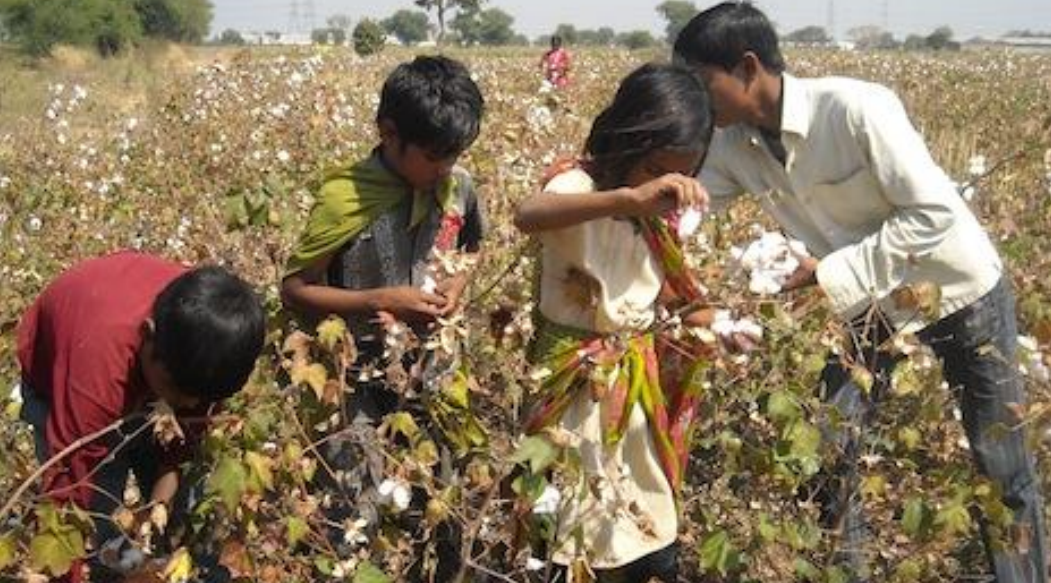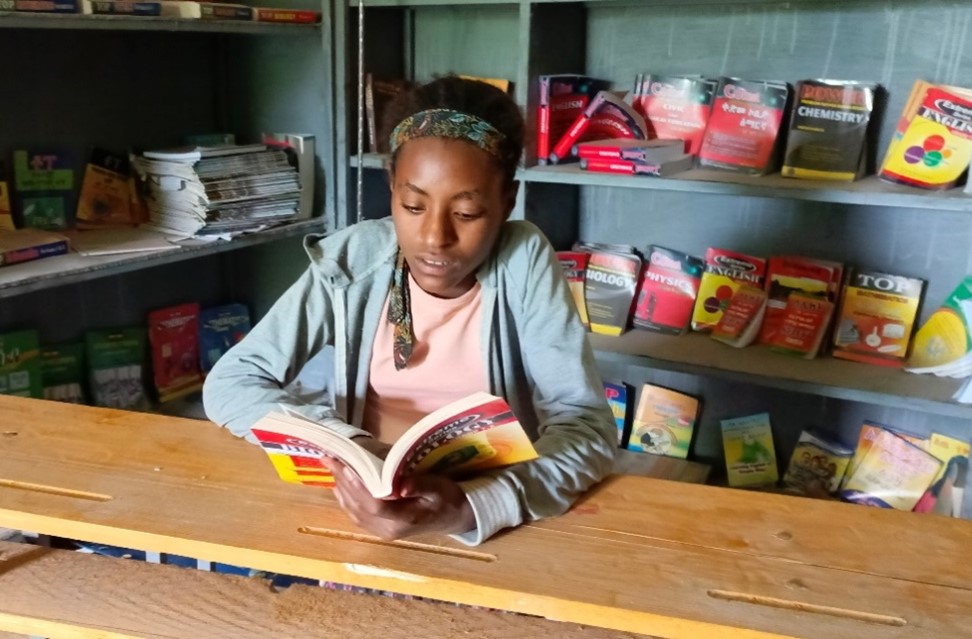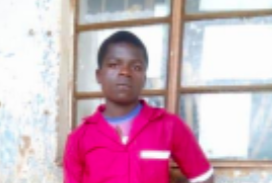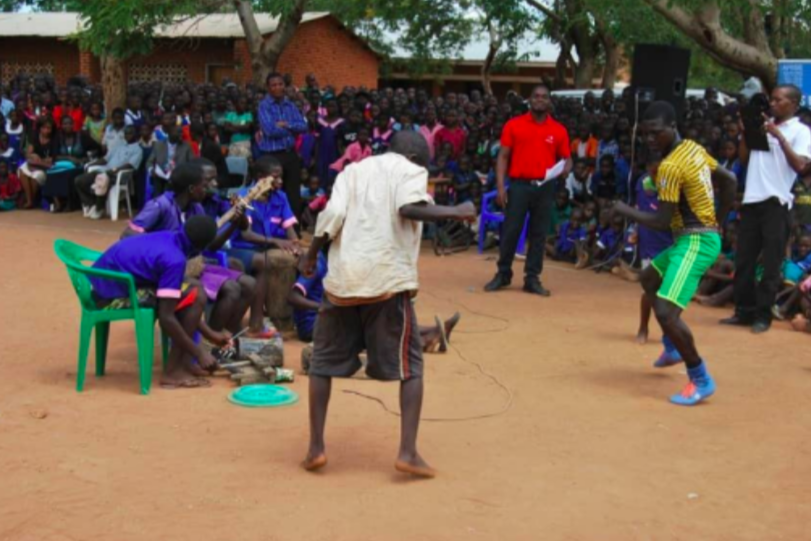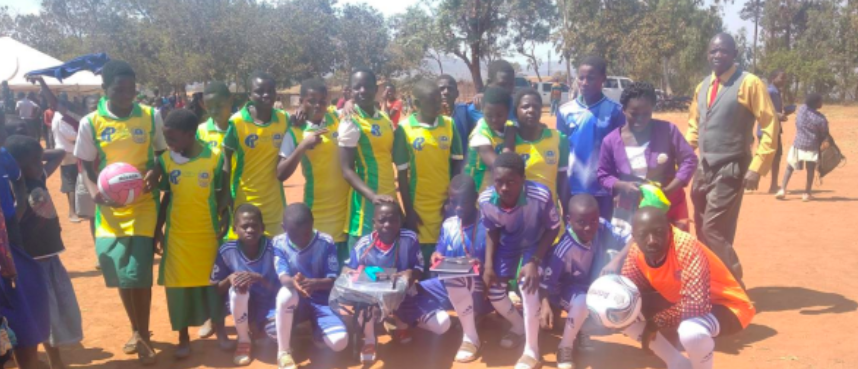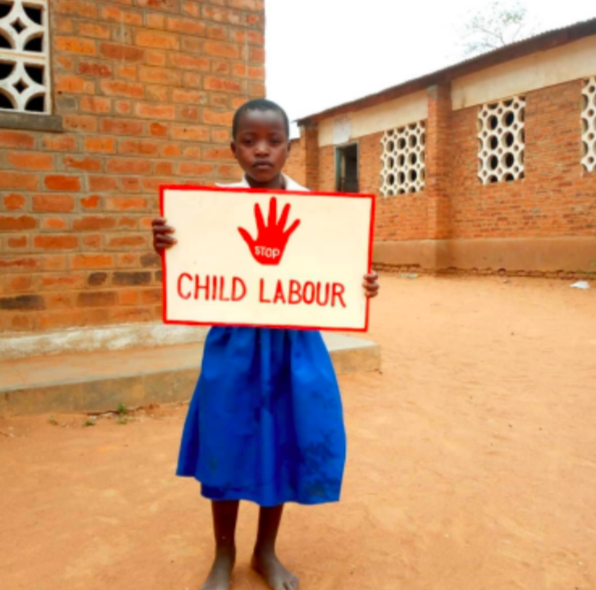Stop Child Labour welcomes the broad support for the elimination of child labour, forced (child) labour, low wages and other abuses in the global garment and textile industry. Dutch sector associations, the government, trade unions and civil society organisations – including Stop Child Labour – have agreed on a ‘covenant’ to address these issues in the coming years.
Child Labour Free from cotton to garments
Unique to this Covenant, among other things, is that child labour and other abuses “from cotton to garments clothing” will be identified and addressed within three to five years. One of the specific goals is that companies within three years only source from suppliers in South India who do not use child labour and forced labour. From the third year on the participating garment companies will also “publicly communicate” about their progress.
The Covenant will be signed by the organizations involved and the government only if within three months at least 35 companies, who represent together at least one-third of the sales in the Netherlands, will join this initiative. For years now Stop Child Labour has argued in favour of an approach to address child labour in the whole supply chain. It encourages garment companies to participate actively with the newly developed ‘national approach’. A second condition for the success of this plan is that the financing of the covenant is agreed on, also in order to have a secretariat which reviews the plans and progress of the companies.
Child Labour Free Zones
Part of the Covenant is an agreement to make an analysis of the nature and extent of child labour and forced labour problems in the global production chain. Based on this analysis, a ‘road map’ with measurable goals will be designed. In the case of child labour it should also be ensured that children no longer work but go to school or be prepared for school by ‘bridging classes’. Where possible, this approach will be part of the ‘Child Labour Free Zone’ approach’ of Stop Child Labour which is successful in India and various African countries.
Role of the government
Stop Child Labour finds it very important that the government itself is a party to the Covenant and thereby shows its political and practical commitment to address the often structural labour and environmental issues in the garment and textile sector. In this context, the government wants to encourage the cooperation at European level and ‘scale up’ national initiatives in countries like Germany, Denmark, the UK and France to the European level where possible. The government also will provide short-term funding for the short run and takes the initiative to look for structural funding of the covenant through a sector-wide levy.
Local organizations as potential partner and ‘watchdog’
Stop Child Labour will – if the covenant will actually takes shape in practice – be committed to seek cooperation between company members of the Covenant and local organizations. These organizations can also play a role in monitoring the implementation of the agreements made. They may also – if necessary – submit a complaint to the independent disputes and complaints commission of the covenant whose decisions are final and can – in the end – lead to binding arbitration by the Dutch Arbitration Institute.
>> The press release and text of the covenant can be found here

